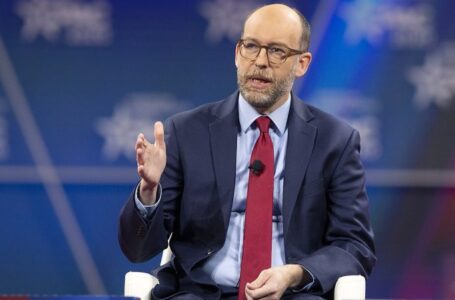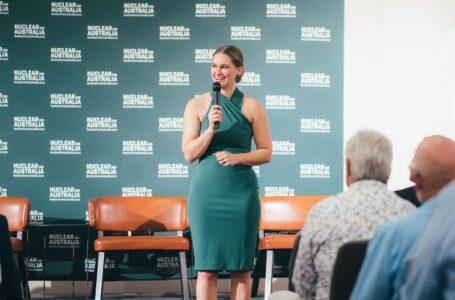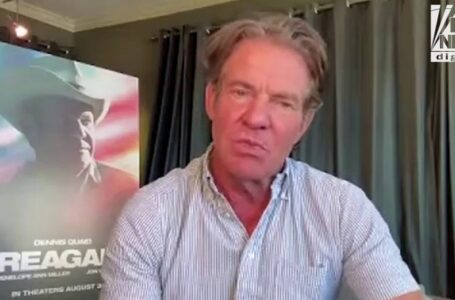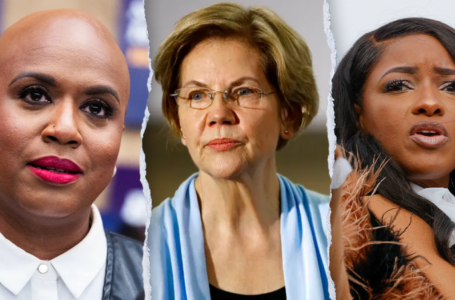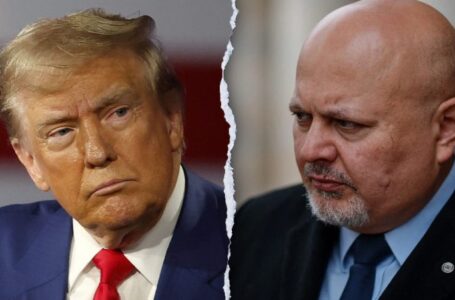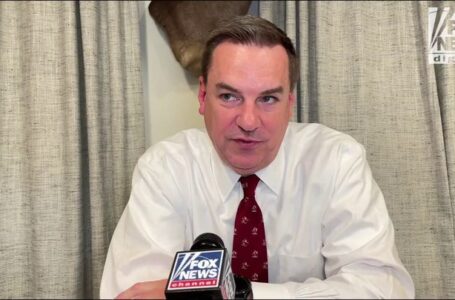All Quiksilver, Billabong and Volcom stores to close in U.S.
The ‘runt’ of Trump cases now likely to be his first criminal trial
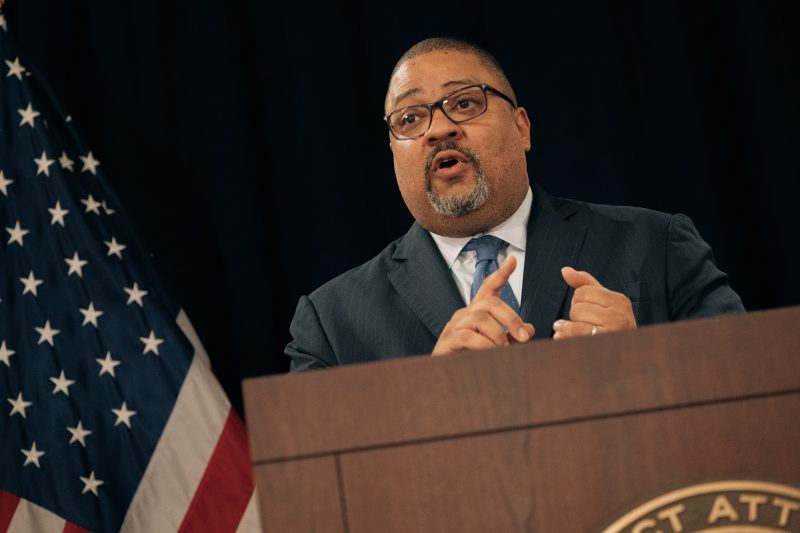

Of the four criminal cases former president Donald Trump is facing, charges filed in New York over 2016 hush money payments have long been considered by legal experts to be the weakest of the bunch. But it is increasingly likely that case will be his first to go to trial, perhaps as soon as next month.
U.S. District Court Judge Tanya S. Chutkan on Friday filed a brief order canceling the planned March 4 date for Trump’s trial on obstruction conspiracy charges related to the Jan. 6, 2021, Capitol riot. That leaves the New York case, slated to begin in late March, as the one most likely to make history as the first criminal trial of a former U.S. president.
Trump’s legal team had already been preparing for the New York case to be first, according to people familiar with the discussions who spoke on the condition of anonymity to describe internal strategy. Some Trump advisers view the New York case as the weakest of the four and believe that indictment last March helped Trump rebuild support among Republicans, these people said. Many advisers think the GOP reaction to Trump’s criminal charges would have been different if another case — related to possession of classified documents — had come first.
So instead of hearing evidence about efforts to block a U.S. election or improperly keep highly classified U.S. secrets, the first jury to weigh alleged crimes by Trump as he again runs for president could be focused on sordid allegations of a long-ago sexual encounter with an adult-film star. Trump has pleaded not guilty to all the charges against him.
“This was the first indictment of Trump but quickly became seen as the runt of the litter, compared to bigger, more consequential cases,” said Ronald Kuby, a veteran criminal defense lawyer in New York. He said the New York trial may be a “garden-variety fraud case,” but its simplicity is also its saving grace.
“Unlike the D.C. case, this does not involve any question of presidential immunity. Unlike the Florida documents case, this does not involve the lengthy proceedings that are needed in cases where classified information is at issue, and unlike the Georgia case, it is not a sprawling indictment of 18 people — there’s one defendant,” Kuby said. “And the evidence that has been made publicly available is compelling.”
Robert Mintz, a former federal prosecutor now in private practice, said the prospect of the New York case being Trump’s first criminal trial “is somewhat of a worst-case scenario for prosecutors,” because it is a novel use of the law in a high-profile, politically sensitive matter.
“By leading off the string of indictments with the case that is the most problematic from a legal, rather than evidentiary standpoint, this runs the risk of potentially handing the Trump defense team an early win on legal sufficiency grounds that plays into the defense claims that all of these prosecutions are politically motivated and may spill over to damage the credibility of the other criminal cases in the minds of the public,” Mintz said.
The charges in the business-records case are related to Trump’s alleged misclassification of reimbursement payments to Michael Cohen, his former lawyer and fixer. Cohen paid adult-film actress Stormy Daniels $130,000 during the 2016 presidential campaign to keep her quiet about an alleged sexual encounter with Trump years earlier.
Manhattan District Attorney Alvin Bragg has accused Trump of reimbursing Cohen for that hush money with payments described as legal fees, when in fact they were a campaign expense meant to keep Trump’s presidential bid untarnished by tawdry allegations of a tryst.
Trump faces 34 counts of falsifying business records, a felony in New York where there is an intent to defraud that includes intent to “commit another crime or to aid or conceal” a crime. In announcing the charges, Bragg said the goal of Trump’s scheme was to cover up violations of New York election law, which makes it a crime to conspire to illegally promote a candidate. Bragg also said the $130,000 payment exceeded the federal campaign contribution cap.
“This is probably the least serious of the crimes he’s been charged with, but charging a president with a crime is as serious as it gets, and the stakes are unbelievably high for everyone,” said Joshua Naftalis, a former federal prosecutor in New York now at Pallas Partners. “I don’t think there’s really any debate that this happened, the question is whether this is something you can prove at trial and whether this was the type of case an office should put its resources into, given the timing.”
Naftalis said Bragg (D) is a careful, smart prosecutor. “The criticism here is that the case may seem like yesterday’s mashed potatoes, but it’s not,” he said. “It takes a while to make the case.”
The circumstances of how a local prosecutor came to charge Trump with those alleged crimes — Class E felonies under New York law that do not automatically carry jail time — are part of the reason some lawyers are skeptical.
The conduct at issue was more than seven years ago, before Trump became president. Federal prosecutors and agents investigated the same events, and ultimately got a guilty plea from Cohen for tax evasion, campaign finance violations and making false statements.
But they declined to pursue charges against Trump, in large part because of concerns prosecutors had about Cohen’s credibility as a witness, according to people familiar with the matter who spoke on the condition of anonymity to describe internal deliberations.
Federal prosecutors were also reluctant to charge Trump in part because a similar type of case against former Democratic presidential candidate and U.S. Sen. John Edwards was rejected by a jury years earlier, these people said.
Trump’s defense attorneys have said they will focus on the fact that Cohen pleaded guilty to making false statements, hoping to undermine his testimony before the jury. But Kuby, the New York defense lawyer, said Cohen’s credibility problems are not fatal to the case.
“The answer to the argument that Cohen is a liar, a cheat, a thief and the worst person on earth, is the standard prosecutorial answer: ‘We didn’t pick Michael Cohen; Donald Trump picked Michael Cohen,’” Kuby said.
Complicating matters, Bragg sought a grand jury indictment on the business fraud charges after a former deputy publicly criticized him for not charging Trump on a separate issue.
The judge overseeing the case, Juan Merchan, has scheduled a critical hearing for Feb. 15, in which a firm schedule may be set for the trial. While Bragg has publicly signaled a willingness to delay his case for other prosecutors, particularly special counsel Jack Smith, to go to trial first, that now seems unlikely given the pace of both of Smith’s federal cases.
In Washington, where Trump has been charged with obstruction conspiracy related to his efforts to prevent the certification of Joe Biden’s victory in the 2020 presidential contest, the judge had initially scheduled the trial to begin in early March.
But trial dates have a tendency to slip, and in Trump’s D.C. case, he filed an appeal claiming he was protected from prosecution for two reasons: presidential immunity and double jeopardy — because a Senate impeachment in 2021 over the Jan. 6 riot ended in his acquittal.
A federal appeals court heard arguments on those questions in early January, and has yet to issue an opinion. Whatever the three-judge panel decides may be appealed further, possibly to the Supreme Court. Already, the appeals have taken two months — time in which the trial preparation is essentially frozen.
Even with that delay, the D.C. criminal trial may still move faster than the other two criminal cases Trump is facing. In the Florida case involving classified documents, a key hearing is scheduled for early March, where Judge Aileen M. Cannon is likely to indicate whether she plans to try to stick to a trial starting in late May.
In Georgia, where Fulton County district attorney Fani Willis has charged Trump and more than a dozen others with plotting to obstruct the 2020 election results in that state, no trial date has been set. In recent weeks, defense lawyers have accused Willis and a top deputy of having an improper relationship, and the judge has set a hearing on that issue for Feb. 15, the same day as the hearing in New York.



